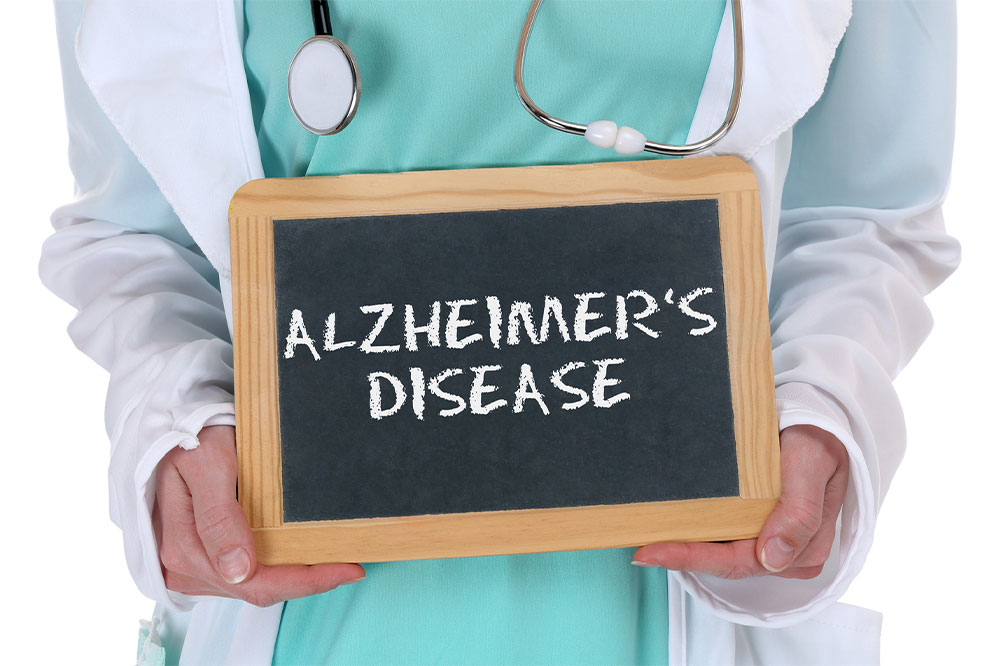Comprehensive Approaches to Managing and Treating Alzheimer’s Disease Effectively
This comprehensive guide explores effective strategies for managing and treating Alzheimer’s disease, emphasizing early diagnosis, medication options, lifestyle modifications, safety precautions, and ongoing research. It aims to provide patients, families, and caregivers with valuable insights into controlling symptoms and improving quality of life, while highlighting future advancements in the fight against this progressive neurological disorder.

Strategies and Treatments for Alzheimer’s Disease
Alzheimer’s disease is a progressive neurological disorder that gradually affects memory, cognitive functions, and behavioral patterns. Its slow but relentless progression can span several years, ultimately impairing an individual’s ability to perform everyday tasks and enjoy a good quality of life. Managing and treating this complex disease requires a multifaceted approach that encompasses accurate diagnosis, effective medication management, lifestyle adjustments, safety precautions, and ongoing research efforts.
Understanding Alzheimer’s disease begins with recognizing the importance of early detection. Accurate diagnosis involves a combination of physical examinations, neurological testing, blood analyses, and imaging techniques such as CT scans and MRI scans. These diagnostic tools are crucial in differentiating Alzheimer’s from other causes of cognitive decline and confirming the presence of characteristic brain changes. Early diagnosis not only helps in planning appropriate treatment strategies but also provides patients and their families with vital information about the progression and management of the disease.
Once diagnosed, treatment primarily focuses on managing symptoms and slowing disease progression through medication options. Cholinesterase inhibitors, such as Donepezil, are commonly prescribed to enhance communication between nerve cells by preventing the breakdown of acetylcholine, a neurotransmitter vital for memory and learning. These drugs may help improve cognitive function temporarily and alleviate some behavioral symptoms, making daily life somewhat more manageable for patients.
Another critical medication in Alzheimer’s treatment is Memantine. It works by regulating glutamate activity, which can become overactive in Alzheimer’s, leading to nerve cell damage. Memantine is often prescribed alongside cholinesterase inhibitors for moderate to severe stages of the disease, aiming to slow overall cognitive decline. The combination of these medications can lead to modest improvements or stabilization of symptoms, though they do not cure the disease.
In addition to these primary drugs, some patients may require additional medications to address specific symptoms or complications. Antidepressants are frequently employed to combat depression, anxiety, or agitation, which are common in Alzheimer’s patients. For severe behavioral disturbances, such as hallucinations, severe agitation, or aggression, healthcare providers may cautiously prescribe antipsychotic medications. However, such drugs are used judiciously due to potential side effects and increased health risks.
Beyond medication, lifestyle modifications play a pivotal role in enhancing quality of life for individuals with Alzheimer’s. Regular cognitive stimulation through activities like puzzles, reading, or social interactions helps maintain mental agility. Physical activity, proper nutrition, and adequate sleep are equally crucial, as they support overall brain health. Emotional support and counseling for both patients and caregivers are vital components of comprehensive care, helping manage stress and prevent burnout.
Ensuring safety for Alzheimer’s patients is paramount. Practical safety measures include storing medications securely out of reach of confused individuals, establishing consistent routines, and maintaining an organized environment to prevent falls and accidents. Technological solutions, such as GPS tracking devices or wearable trackers, can help families monitor the whereabouts of loved ones who may wander unintentionally. House modifications like removing tripping hazards, installing handrails, and using clear signage or mirrors can significantly reduce the risk of injury.
Supporting patients also involves planning for future needs and delayed decision-making. Legal and financial planning, including power of attorney and advance directives, are essential to ensure that the patient’s wishes are respected. Education about disease progression helps families prepare mentally and practically for upcoming challenges.
Research continues to be a beacon of hope for Alzheimer’s disease treatment. Clinical trials are exploring various new therapies, including disease-modifying drugs that target the underlying causes, immunotherapies, and innovative behavioral interventions. Advances in genetics and neuroimaging are opening new frontiers in early detection and personalized treatment approaches.
In conclusion, managing Alzheimer’s disease requires an integrated approach that combines accurate diagnosis, effective medication, lifestyle changes, safety protocols, and ongoing research. While current treatments focus on symptom management and slowing decline, future developments hold promise for more curative options. Support from healthcare providers, caregivers, and the community is essential in maximizing the quality of life for those affected by this challenging condition.





